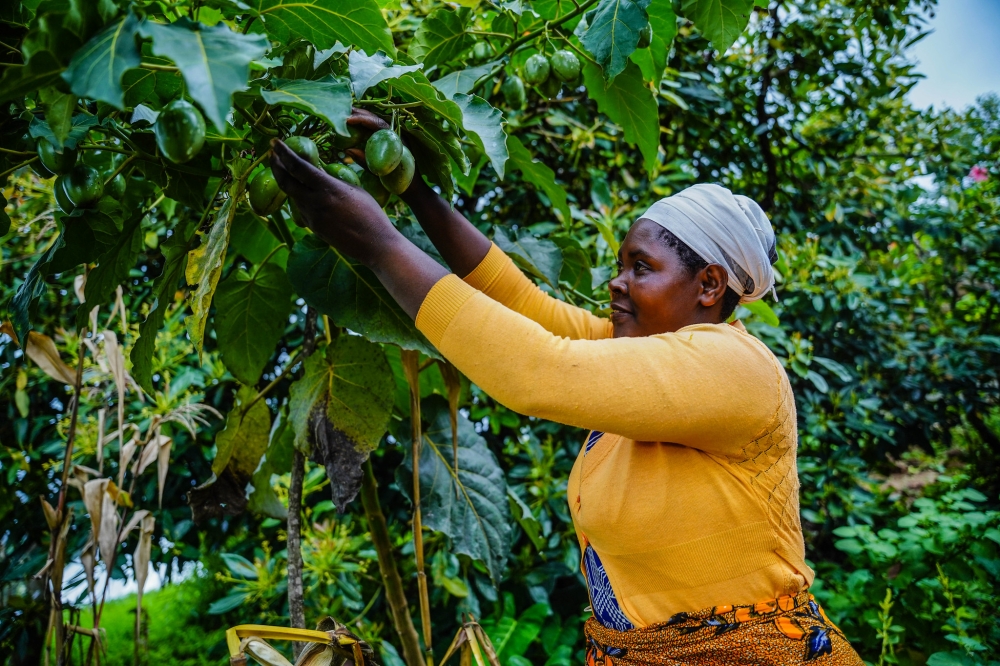

The Ministry of Agriculture and Animal Resources (MINAGRI) has a five-year initiative to grow fruit trees across the country in a drive aimed at combatting malnutrition.
The ‘Five Fruit Trees Per Household’ programme, costing over Rwf18 billion, follows other government initiatives to address stunting and alleviate poverty among venerable families in Rwanda.
According to Alexandre Rutikanga, the Chief Technical Advisor at the ministry, planting fruit trees will start – as a pilot phase – from October 24, in districts with high stunting cases.
ALSO READ: Burera launches new initiative to combat malnutrition
Speaking to The New Times, Rutikanga noted that the fruit trees are not only expected to "transform the lives of people, directly impacting health and well-being of families” in the districts but will also "contribute to Rwanda’s long-term food security and economic growth.”
The districts targeted are Rutsiro, Ngororero, Nyamasheke, and Rubavu, in Western Province, Gicumbi in Northern Province, as well as Ngoma, Kayonza, and Kirehe in Eastern Province, and Nyaruguru and Nyamagabe, in Southern Province, as well as in the City of Kigali.
Nyagatare, Huye and Musanze districts are also considered for "model fruit orchards.”
Avocado, mango, papaya, guava, and citrus, are the main fruits to be planted, while apples, wild sweetshop, jackfruit and pomegranates are other types of fruit trees to be provided to the population in light of the programme.


According to Ange Sebutege, the Mayor of Huye District, another project is ongoing – in collaboration with the National Agricultural Export Development Board (NAEB) – to support smallholder farmers interested in growing cash crops such as avocado.
In the meantime, the ministry is conducting a month-long awareness campaign as per World Food Day 2024 activities in Rwanda to combat malnutrition and stunting.
It is also part of efforts to promote nutritious food consumption among Rwandans.
ALSO: Rwanda to plant 65 million trees in one month
Chantal Umuhoza, a mother of two in Nyanza District, told The New Times that access to seedlings of fruit trees at household level will be vital "and helpful” because fruits are too expensive.
"Fruits are important due to their health benefits. I rarely buy them for my children,” added Umuhoza.


